Humayun Faridee: A decade without the virtuoso

The versatile Humayun Faridee, one of the most celebrated artistes that the country has ever produced, left us twelve years ago today — on a day when spring blossomed.
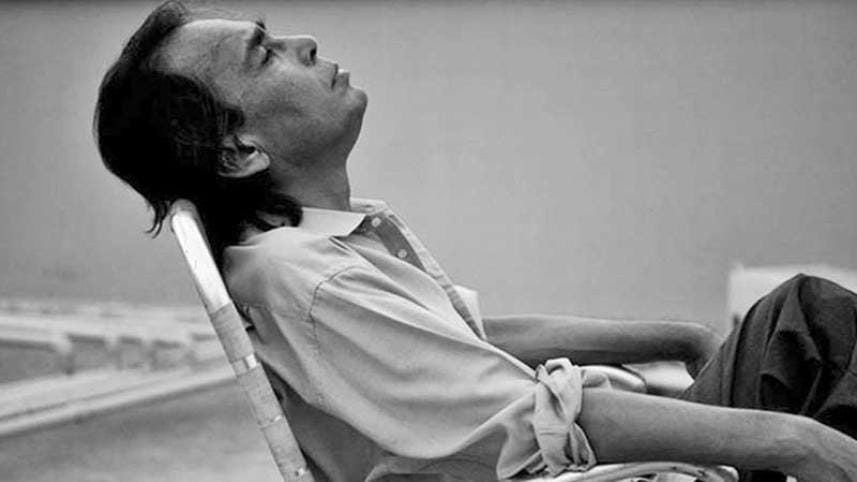
While most artistes strive to be perfect and known for at least one memorable role, Faridi with his master's touch made each of his characters so unforgettable that they went above the person Faridee. Be it through the spectacles of theatre, the television screen, or commercial cinema, Humayun Faridee struck gold with every project he ever touched on. His profound impact on people, contemporaries, and fellow actors was unmatched and inspired generations.
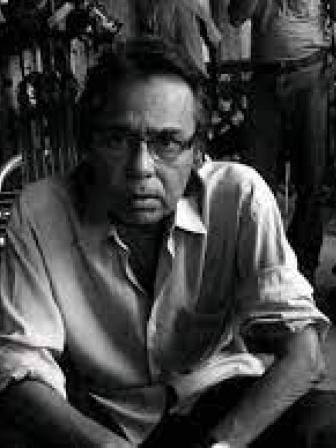
Humayun Faridee, hailed as one of Bangladesh's cinematic legends, departed prematurely at the age of 60, leaving behind an everlasting legacy on the stages of theatre, the screens of television, and the reels of film. The iconic artiste, who won the National Film Award in 2004, and was posthumously awarded with the Ekushey Padak in 2018, acted in and directed many noted tele-fictions as well.
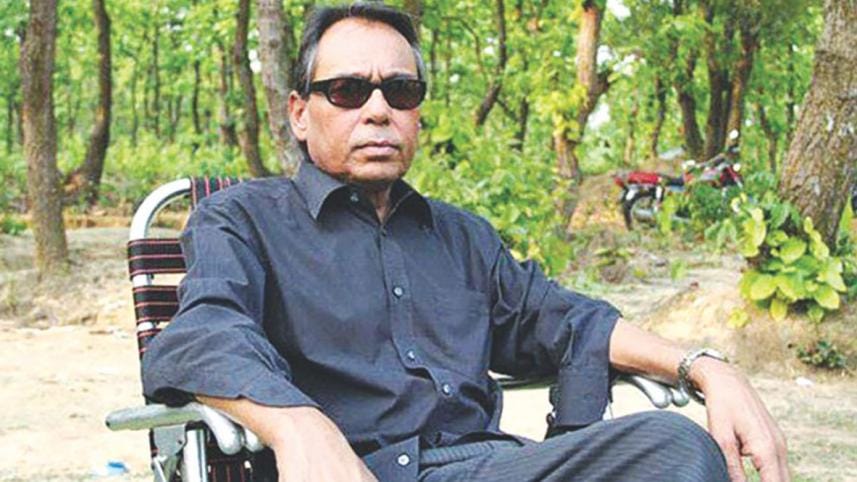
With theatre, Faridee received critical acclaim earning recognition as a prominent figure with all the prestige it entails, inspiring generations with his talent. In films, he achieved widespread fame and became a household name. Faridee, who rewrote the definition and perception of negative roles in films, as the master artiste he was, could make such an impact that audiences used to go to the theatres only to see him. They would shower him with whistles and claps whenever he entered the screen.
Faridee's brilliance was well-established with his play "Attostho O Hironmoyider Brittanto", which he wrote, directed, and acted in for an intra-university drama competition in 1976. The play came to the notice of celebrated theatre and film director Nasir Uddin Yousuff and the legendary theatre personality Selim Al Deen.

It is through Yousuff that Faridee took his first steps on the stages of Dhaka, with the powerhouse troupe Dhaka Theatre. After working in the street play "Char Kakra'r Documentary'', his first role was as a stopgap in a small role for "Sangbad Cartoon".
Selim Al Deen, who was also the house tutor of the Al-Beruni Hall of Jahangirnagar University where Faridi resided, then read "Shakuntala'r Dwitiyo Porbo" to him, and Faridi took on the role of the Sharparaj Tokkhok in the play.
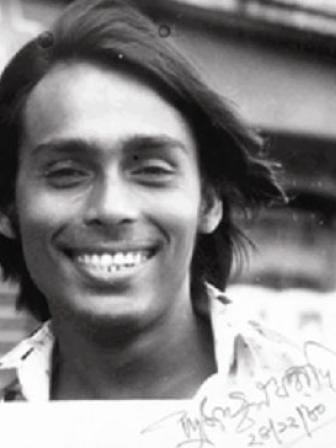
After that, there was no looking back for the actor. "Foni-Monosha", "Kittonkhola", "Keramat Mangal", the rebooted "Sangbad Cartoon", and "Muntasir Fantasy" – play after play Faridee drew the spotlight on him, in a group that featured the likes of Raisul Islam Asad, Pijush Bandyoapadhyay, Afzal Hossain, Suborna Mustafa, and Zahir Uddin Piar. "Bhoot", which he directed himself, was his last play with Dhaka Theatre, while his last work on stage was in "Dhurto Ui" in association with Goethe-Institut.

With the consistent successes of his plays, Faridee's prowess extended beyond the theatrical realm. His foray into television commenced with Atiqul Haque Chowdhury's "Nikhoj Sangbad", where he didn't assume the lead role which was offered to him but decided to make a brief appearance as a rebellious youth which left an indelible mark in the history of television.
It was through his television portrayals that Faridee endeared himself to the entire nation, delivering unforgettable performances such as the malevolent Seraj Talukdar in Nasir Uddin Yousuff's "Bhangoner Shobdo Shuni" and the iconic 'Kaan-kata' Ramzan in Shahidullah Kaiser's "Sangsaptak". From "Neel Akasher Shondhane" to "Bokulpur Kotodur", "Ekdin Hothath", "Pathor Shomoy", "Kothao Keu Nei", "Shomudre Gangchil", "Tini Ekjon", "Bhober Haat", and "Srinkhal", Faridee made an exceptional impact matched by few.
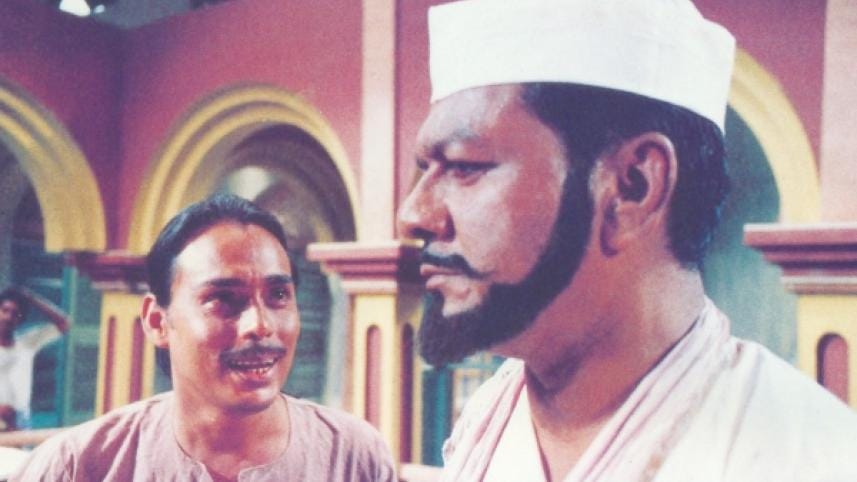
Embarking on a cinematic journey later in his career, Faridee made his film debut with 1990's "Santrash", directed by Shahidul Islam Khokon. Throughout a filmography that exceeded 250 productions, he established a new kind of villainous presence with his negative roles that both intrigued and repelled audiences.
No matter what characters he took on from comical to villainous and even romantic ones, they were too masterfully handled accompanied by quirks of his signature style on stage. In films, or even on television, it was always embraced with love by the audiences.
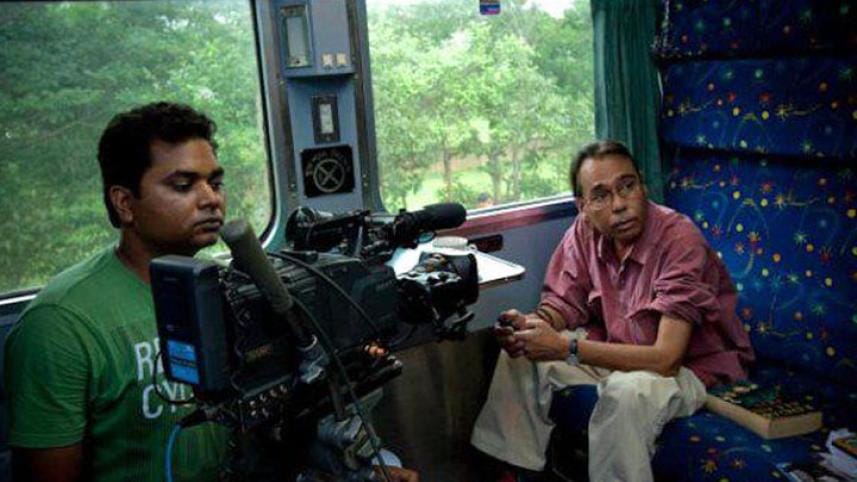
Over a prolific career spanning more than two decades, his most notable roles are in films such as "Bichar Hobe", "Palabi Kothaye", "Hulia", "Ekattorer Jishu", "Matritto" (earning him a National Film Award), "Joyjatra", "Shyamol Chhaya", and "Aha". Fardee's final cinematic offering, released posthumously in 2014, was "Ek Cup Cha".
As he has been gone for over a decade now, the impression that he created is undeniably eternalised. Stories of his generosity, kindness, and love for his craft and his fellow people are celebrated too. Faridee, a thespian at heart, wanted the stage to be his last juncture. His dream was to portray Shakespeare's "King Lear", but destiny had other plans. On the first day of Spring – February 13, 2012, he met his tragic demise after slipping and falling in his bathroom.
Faridee, a powerhouse by himself, still had so much to give, but there's no denying that what he produced in theatre, TV, and film audiences in his lifetime will remain unparalleled. Actors come and go, but legends like him remain with us – long after they're gone.
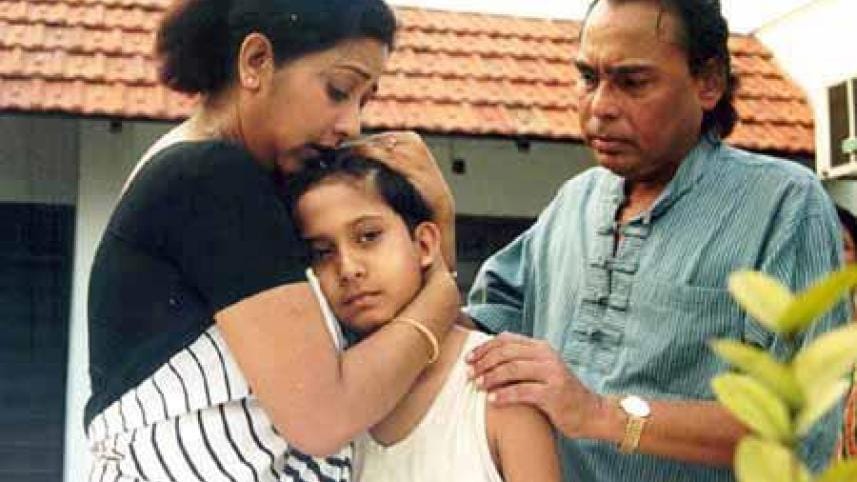
Remembering the long-lost famed personality on this day, veteran actor, Raisul Islam Asad, a good friend of Humayun Faridee's, said, "Faridee remains one of the greatest artistes of the country. He was an incredibly talented actor who could immerse himself in any character. He had a deep understanding and love for acting, and his life was dedicated to the craft."
Asad noted that Faridee was known for his vibrant personality and had a simple, childlike heart that popularised him to everyone. His unique qualities set him apart in the world of acting.
Another of Faridee's close friends, actor Sohel Rana stated that the star was an exceptionally skilled artiste, and his acting prowess has left an indelible mark on everyone. "In front of the camera, Faridee could transform into a different person, unrecognisable to many. Faridee possessed an unwavering focus and dedication when performing, fully embodying the characters he portrayed. His exceptional acting talent was innate, making him an extraordinary actor," said the actor.

Actor, Tariq Anam Khan said Faridee was innovative and unconventional when it came to acting, "Faridee detached himself from the conventional and left a mark. Whenever he used to act, his eyes, face, and body seemed to embody the characters he portrayed, on their own – adding depth and authenticity to his acting. He was born for acting, and his passion was evident throughout his life."
"Faridee left us too soon, with much more to offer. I miss him. Today I would like to send my love and good wishes to him beyond the celestial boundaries on this day of remembrance," concluded the actor.




 For all latest news, follow The Daily Star's Google News channel.
For all latest news, follow The Daily Star's Google News channel. 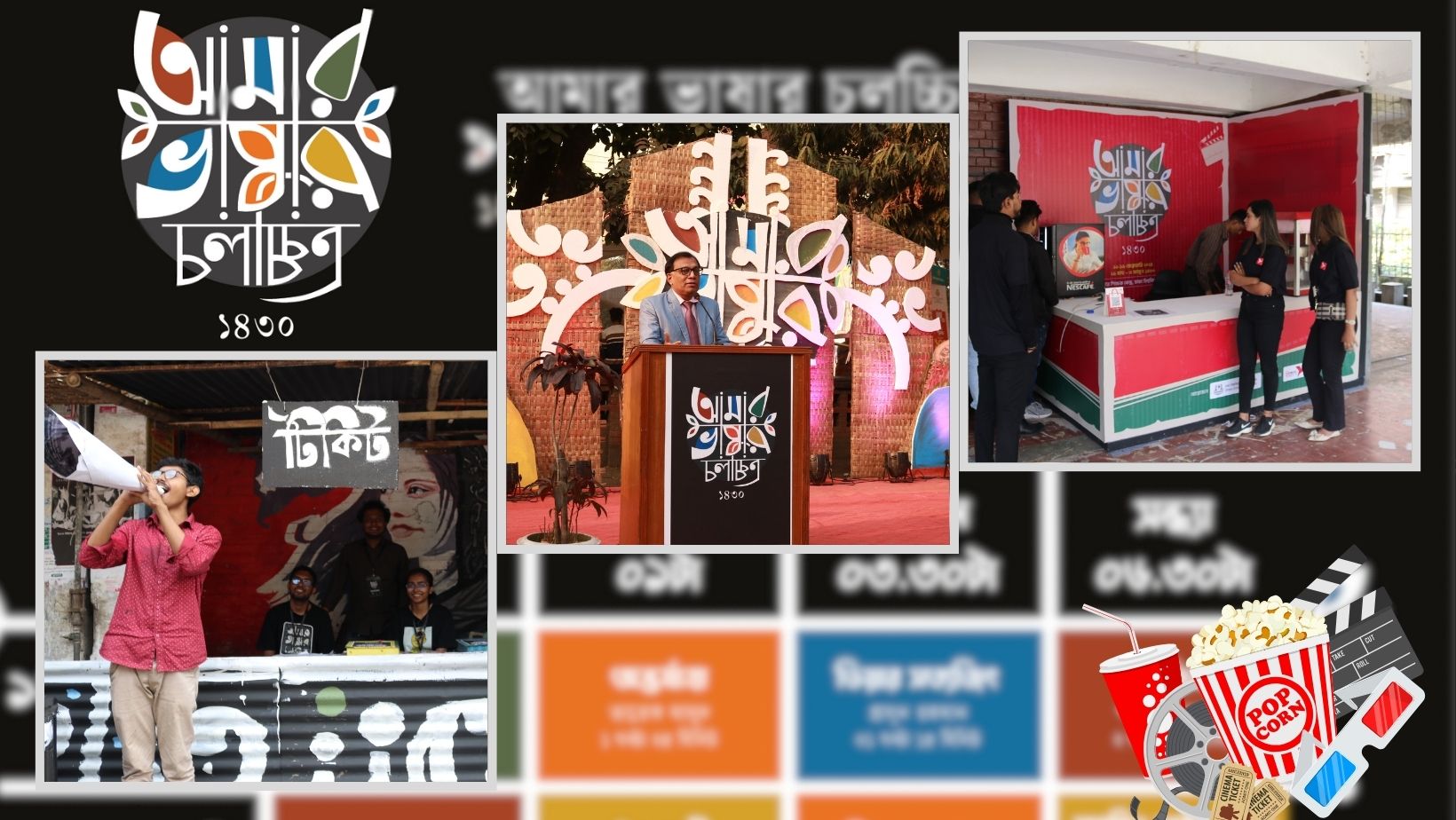
Comments